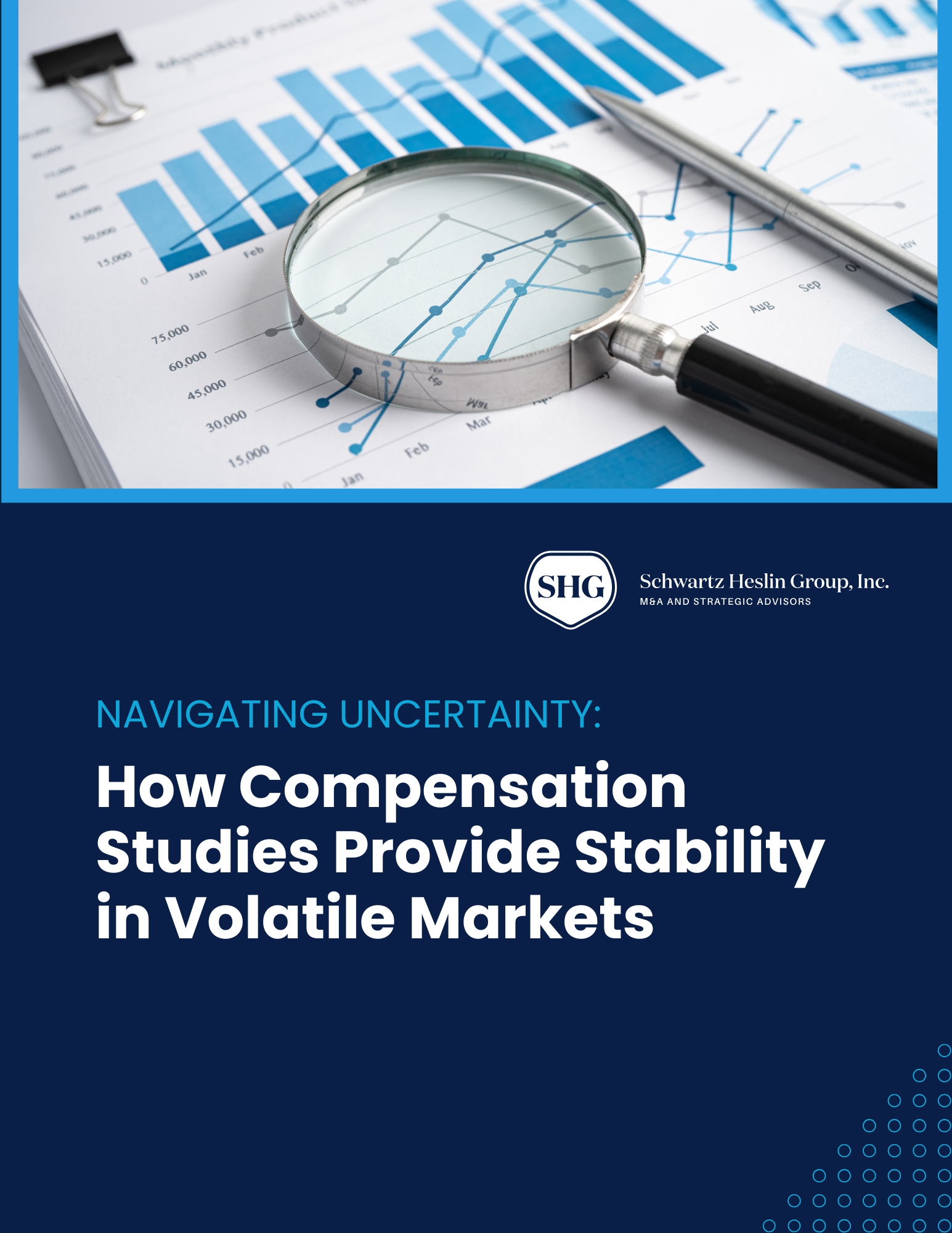What Is The Difference Between a Business Appraisal and a Business Valuation?
Knowing the true value of your business is crucial. An accurate valuation provides a solid foundation for strategic decisions and is essential for securing financing. Understanding the value of your business also ensures transitions are fair, whether you’re buying or selling a business, merging with another company, or bringing in new partners.
There are two main ways to assess the value of your business: business appraisals and business valuations. In this article, we’ll look at the differences between the two and why you should choose one over the other.
What is a Business Appraisal?
A business appraisal is a systematic process used to determine the economic value of a business or specific business assets at a given point in time. The process involves evaluating various business factors like financial performance, market conditions, and the value of tangible and intangible assets. This helps you arrive at a fair market value. The scope of a business appraisal typically includes an analysis of the company’s financial statements, industry conditions, market comparisons, and the overall economic environment.
What is a Business Valuation?
A business valuation is another process that determines the economic value of a business or company. The valuation process involves a thorough analysis of a company’s financial statements, market conditions, assets, liabilities, and other relevant factors.
Key Differences Between Appraisals and Valuations
The terms business appraisal and business valuation are often used interchangeably. Despite their similarities, however, there are distinct differences between them.
Purpose
A business appraisal typically focuses on estimating the value of specific assets within a business. This can include things like real estate, machinery, or intellectual property. Appraisals are often used to secure loans, insurance, or for tax assessments.
Valuations are more comprehensive. The goal of a valuation is to determine the overall economic value of an entire business. Valuations are often required for things like selling the business, mergers and acquisitions (M&A), legal disputes, or estate planning.
Scope
Appraisals are limited in scope. They tend to focus on individual assets or specific parts of the business. Conversely, valuations are broader in scope. They usually encompass all aspects of the business, including tangible and intangible assets, financial performance, market position, and future earning potential.
Methodology
Business appraisals often use methods like a cost approach (replacement cost of the asset), a market approach (comparable sales of similar assets), or an income approach (income generated by the asset). For valuations, more comprehensive methods like a discounted cash flow (DCF) analysis, an earning multiplier, market comparables, or an asset-based approach are used to evaluate the overall business value.
Legal and Financial Context
The results of an appraisal are typically an estimate. Often, this is used for internal purposes and is not always legally binding. Valuations are meant to provide a definitive value that can be used for legal and financial transitions, including court cases and regulatory requirements.
Choosing Between an Appraisal or a Valuation
Choosing between a business appraisal and a business valuation depends on your specific needs. It also depends on the scope of the assessment required and the context in which the results will be used.
For example, if you need to determine the value of specific assets in your business (real estate, machinery, or intellectual property), then an appraisal is appropriate. If you need a comprehensive assessment of the entire business to sell the business, complete an M&A, resolve legal disputes, or do estate planning, then you'll want to perform a business valuation.
A business appraisal is also appropriate if you need a focused evaluation of individual parts of the business. A valuation is better suited if you need a broad assessment that includes financial performance, market position, and future earning potential.
Appraisals are better if the results will be used internally and do not need to be legally binding. Valuations, however, are better if you need to know the value of your business for legal purposes, financial transitions, or regulatory requirements.
How SHG Helps
SHG provides our clients with expert valuation guidance based on extensive industry knowledge and experience, whether you are looking for an appraisal or a valuation. Our team represents a balance of seasoned business operators and astute financial experts. We have built strong relationships with all our clients because we put your goals and priorities first.
Your business is your most valuable asset. SHG helps you determine and maximize that value. Our innovative methodology has driven successful outcomes for over 40 years. Contact us today to grow your business's value.




